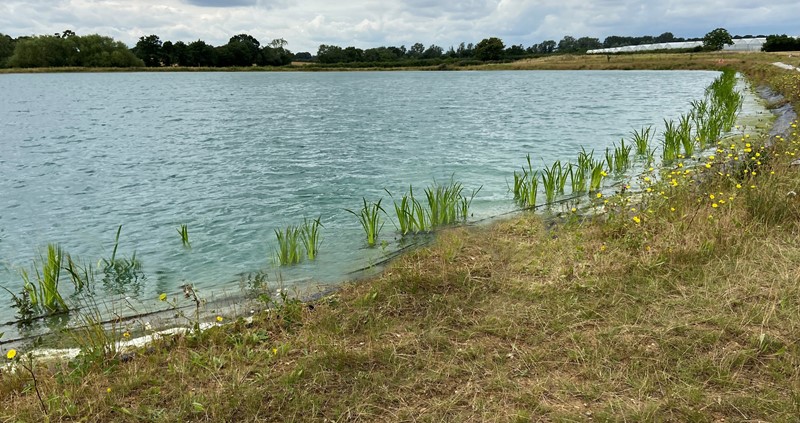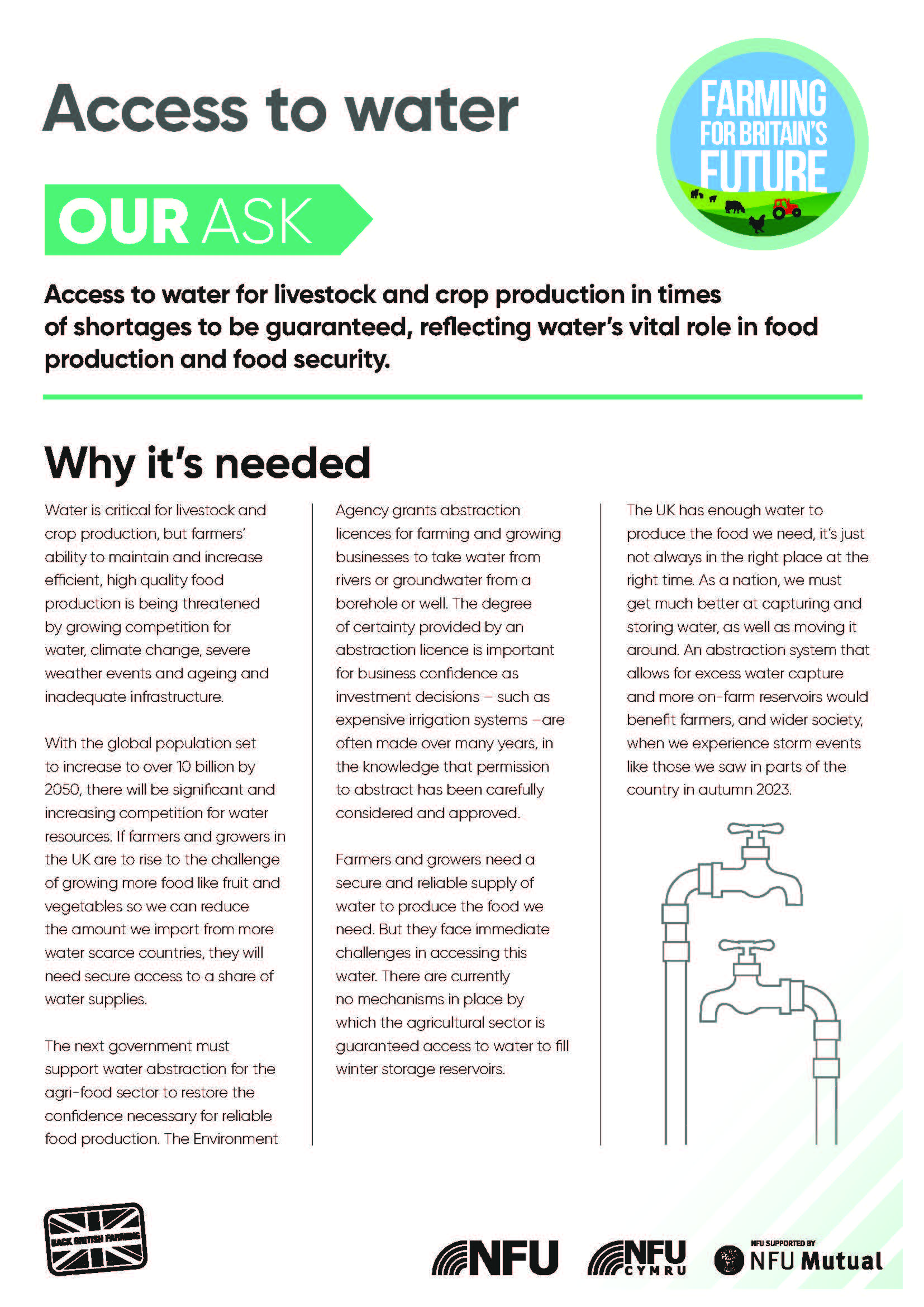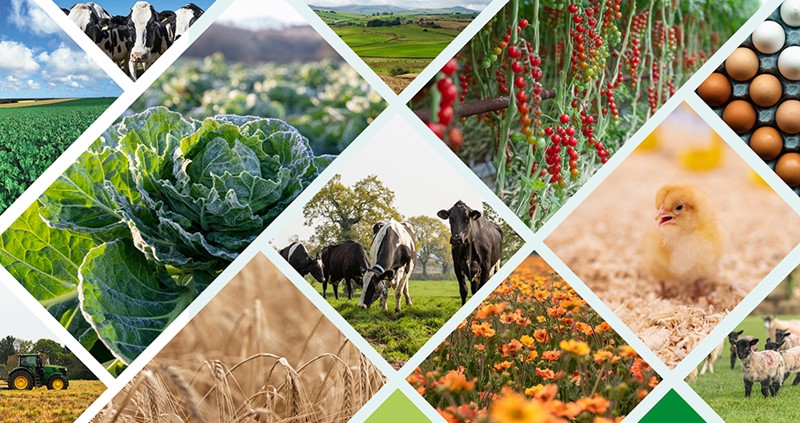About the farm
Situated on a 300-hectare site in Essex, Tiptree Farms is a family-run business that has successfully adapted to the challenges of modern-day farming. The farm has been in the Wilkin family for over 300 years and has a rich history of farming. Initially starting as an arable farm, Tiptree Farms later transitioned to fruit production around 150 years ago.
The success of their fruit production led to excess produce, which they began selling to the market as preserves. In 1885, the farm began producing its own jams, which later became the flagship product under the 'Wilkin and Sons' brand.
Today, the jam business is the biggest side of the business, and Tiptree also operates a growing estate of quintessentially English tea rooms throughout Essex, a patisserie and a pudding business.
Due to the farm's geographical location, it has often faced challenges when it comes to water management. In 2022, the region received only 515 millimeters of rain, making it comparable with some of the driest countries in the world.
As a result, water has always been a precious resource, and the farm has been proactively managing it for years.
Water management strategies
Tiptree Farms has developed four main strategies for water management to ensure water resilience for their business.
Reservoir storage
Reservoir storage is one of the main strategies that Wilkin and Sons employs for water management. The farm has placed significant emphasis on the importance of capturing and storing water for use during dry periods.
The farm has invested in expanding its reservoir capacity. It's existing reservoir has been expanded to now hold up to 60,000 cubic meters of water, and a brand new reservoir is also currently being built, with a capacity of up to 62,000 cubic meters when full – more than doubling the farm's storage capacity.
“Having responsibility for our farms, I know that securing water is crucial to our success. It hasn't happened overnight; we've been working on this for the past 10 years.”
Andrey Ivanov, Tiptree Farms
Rainwater harvesting
The farm has done extensive drainage work and renewed all the drainage on the farm to capture rainwater from structures. The entire factory, yard, and growing tunnels have been fitted with a newly enhanced renewed drainage system that captures rainwater and diverts it to the reservoirs for irrigation later in the season.
This approach not only maximises the use of available water resources, but it also helps to prevent runoff and erosion, which can cause soil and water pollution. The benefits of rainwater harvesting at Tiptree Farms extend beyond simply conserving water resources. This practice can also help to reduce flooding and stormwater runoff in the surrounding area.
Drip irrigation
The fully enclosed system pumps fresh water into the grow bags and captures any runoff, which is then recirculated along with fresh water. While about 20% of the water that goes into the plants becomes runoff, the captured water still holds residual value as it may contain nutrients not completely used by the plants.
This recirculating system is highly efficient and minimises water wastage, while also providing a nutrient boost to the plants.
Furthermore, the farm's drip irrigation system ensures that water is distributed evenly and directly to the plants' roots, reducing evaporation and runoff. The system is monitored closely to ensure that the water supplied to the plants meets their needs. By doing so, Tiptree Farms can conserve water and avoid over-irrigation, which can lead to nutrient leaching and waste.
Reuse of waste water
The factory's wastewater mainly comes from fruit washings, this water surplus is then piped to a private water treatment facility before being redirected to the reservoirs for irrigation purposes. The farm aims to capture 100% of the water from this source, as it is an essential part of their water management strategy.
Water resources for the future
Tiptree Farms aims to be self-sufficient in terms of water usage and has never used any mains water for irrigation.
They plan to extend their water storage capacity and work towards varieties that are more resistant to hot, warmer weather. In 2022, the region received only 515 millimeters of rain, making it comparable with some of the driest countries in the world.
The farm understands that the environment is constantly changing, and they need to adapt as quickly as possible to build further resilience for their business.
Securing water is crucial to their success
Andrey Ivanov, responsible for the farming business and water resource security, said: "Having responsibility for our farms, I know that securing water is crucial to our success. It hasn't happened overnight; we've been working on this for the past 10 years.
"I remember the year 2011-2012, when our reservoirs were only half full, and we only had enough water to irrigate until mid-May, maybe end of May. We had to make a tough decision - to irrigate only 20% to 30% of the crop or risk losing everything and hoping for rain. But then, on the 12th of April, the heavens opened, and we had the wettest summer on record.
"That experience taught us a valuable lesson, and we put together a plan to extend our capacity to avoid facing these challenges again. We've got the water, we've got the opportunity, and we need to do more. Now, we can say we are fully resilient in terms of water."
See our NFU manifesto asks
Our manifesto
Our general election manifesto – Farming for Britain's Future – outlines our key asks of the next government to ensure farmers and growers can continue to deliver for the environment, economy and local communities while producing more of the great British food we all enjoy.



